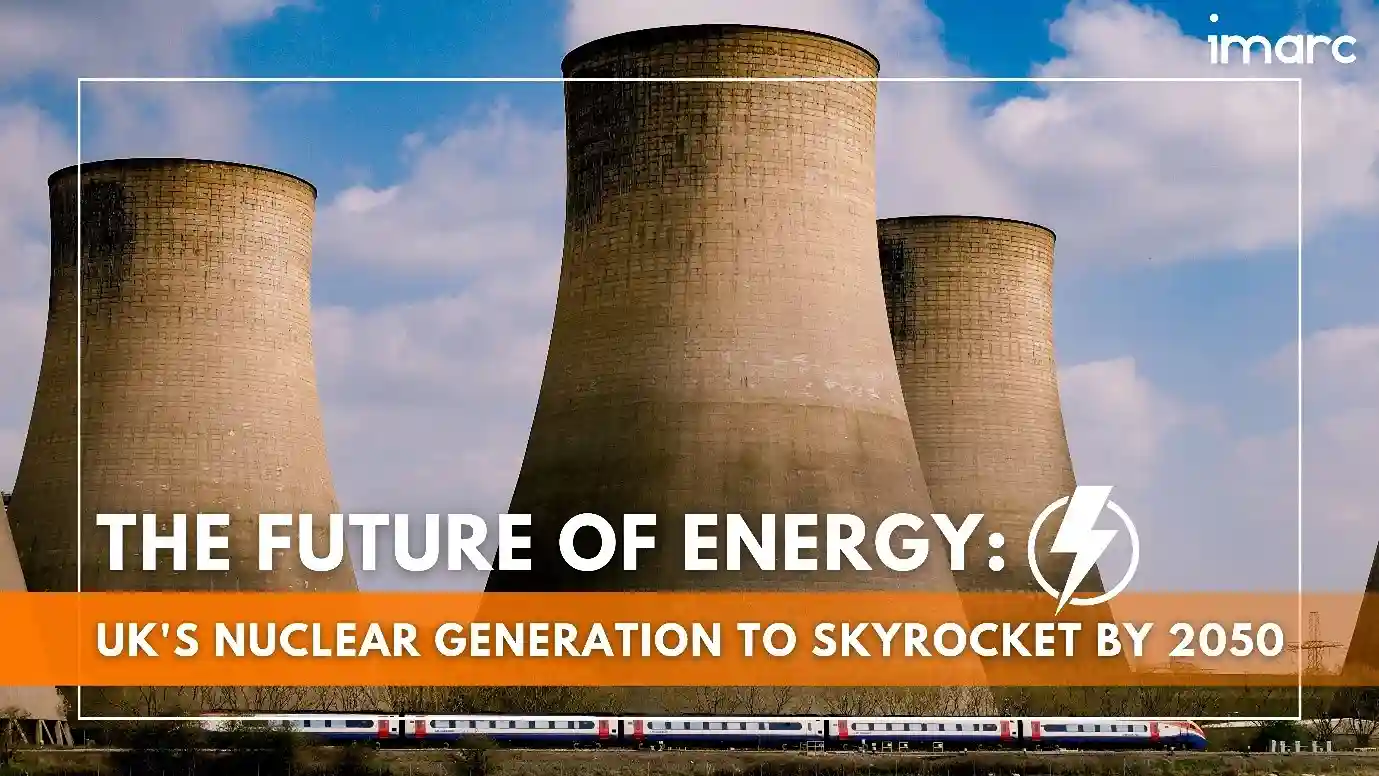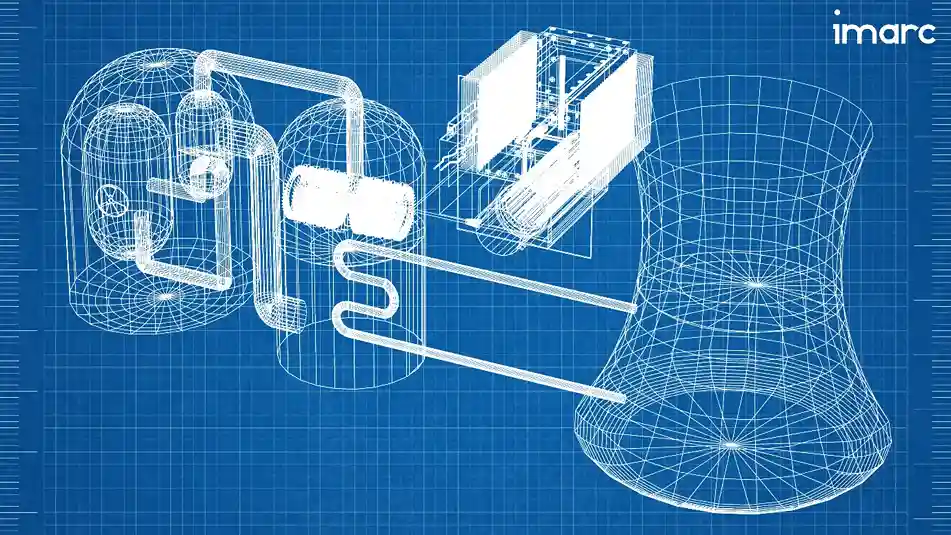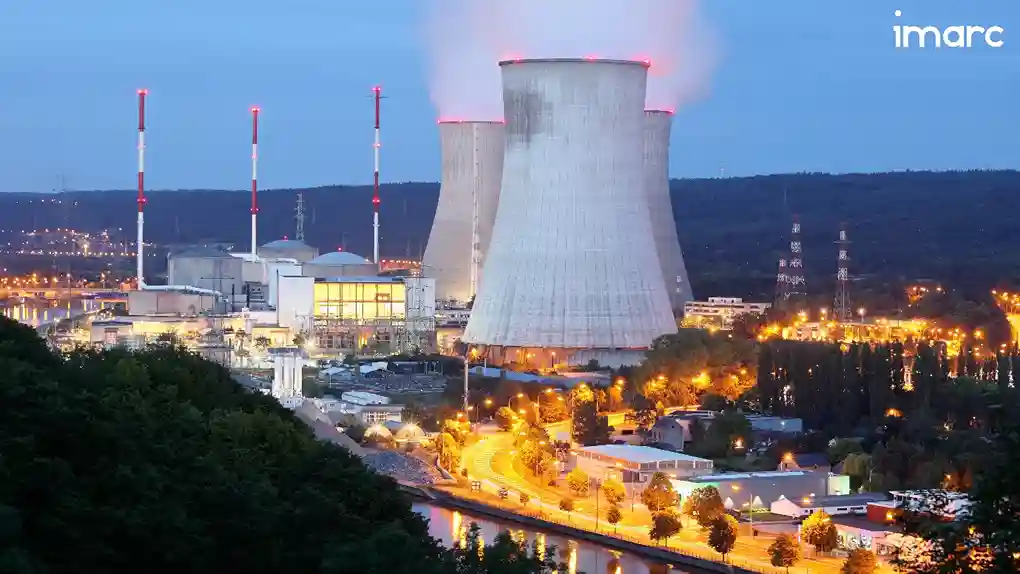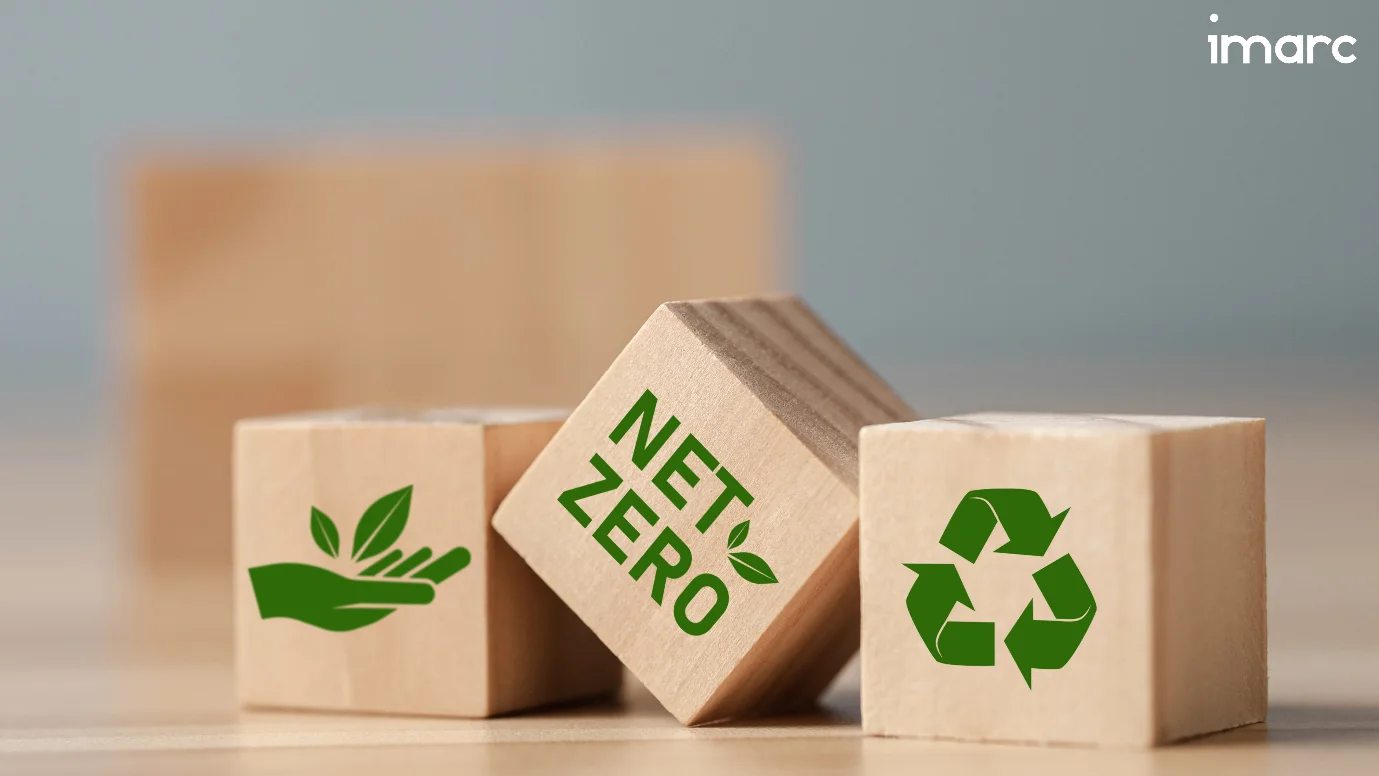The Future of Energy: UK's Nuclear Generation to Skyrocket by 2050

Nuclear power utilizes nuclear reactions to generate heat, which is then converted into electricity. This energy is released from the nucleus—the core of atoms composed of protons and neutrons. Nuclear power can be derived from nuclear fission, nuclear decay, and nuclear fusion reactions. Across the globe, nuclear power plants predominantly use the fission of uranium and plutonium to produce electricity. The heat generated from fission is used to create steam, which drives turbines connected to generators. Nuclear power offers several advantages over fossil fuels, such as minimal greenhouse gas emissions and a higher energy density, meaning a small amount of nuclear fuel produces a large amount of energy.
However, there are significant challenges, including the production of radioactive waste, the risk of nuclear accidents like those at Chernobyl (1986) and Fukushima (2011), and the high initial costs of setting up nuclear plants. Currently, small modular reactors (SMRs) are being used as a safer and more cost-effective alternative to traditional large reactors. Additionally, ongoing technological advancements, such as the development of thorium reactors and molten salt reactors, aim to improve safety, efficiency, and fuel sustainability, driving the demand for nuclear power plants worldwide. Nuclear energy is a crucial component of the global energy mix, especially for countries seeking to reduce carbon emissions and transition to cleaner energy sources.
The first nuclear power plant was commissioned in 1950. Today, approximately 10% of the world's electricity is produced by 440 nuclear reactors, making nuclear energy the second-largest source of low-carbon power, accounting for 26% of the total in 2020. Additionally, nuclear energy is utilized in research reactors, with 220 such reactors operating in over 50 countries. These reactors are used for producing medical and industrial isotopes as well as for training purposes.
Various countries, including the United Kingdom, the United States, India, and several Middle Eastern nations, are focusing on generating electricity from nuclear power to reduce their carbon footprints. For instance, in January 2024, the UK government made a significant investment in nuclear energy, aiming to increase nuclear generation up to four times, reaching 24 GW by 2050. This investment includes plans to build another large-scale nuclear power plant as part of the UK's strategy to expand nuclear energy production. Furthermore, the government will invest US$ 382.2 million in High-Assay Low-Enriched Uranium (HALEU) technology, which is currently produced only in Russia. Through this investment, the UK aims to become a global supplier of uranium fuel and challenge Russia’s dominant market position.
Powering the Future: Key Market Drivers Shaping the UK's Nuclear Industry
According to a study by IMARC, the United Kingdom nuclear industry is expected to grow at a high pace in the coming years. The demand for nuclear power has significantly increased over time. The various factors contributing to the market's growth are outlined below:
Government Support: The United Kingdom government is continuously supporting the production of nuclear power in the country by implementing several favorable measures, such as financial support, regulatory frameworks, and strategic initiatives. For instance, the government has launched a Civil Nuclear Roadmap to achieve 24 GWe of nuclear capacity by 2050, meeting about 25% of projected electricity demand. This includes building new power stations and investing in advanced nuclear fuel production.

Technological Advancements: Continuous technological advancements in the nuclear industry, such as the development of SMRs and other advanced nuclear technologies, promise safer, more efficient, and more flexible power solutions. The UK government is supporting this progress by funding new technologies like SMRs and Advanced Modular Reactors (AMRs). For example, the Advanced Nuclear Fund allocates up to US$ 418.1 million for next-generation nuclear technologies, including up to US$ 233.5 million for developing domestic SMR technology and up to US$ 184.6 million for a research and development program aimed at demonstrating an AMR by the early 2030s.

Focusing on Domestic Production of Nuclear Power: The country is continuously focusing on enhancing its energy security and reducing reliance on other nations for energy. Additionally, integrating nuclear power into the energy mix helps diversify energy sources, thereby reducing risks associated with dependence on a single source. Consequently, the country is steadily expanding domestic nuclear power production.

Rising Electricity Demand in the United Kingdom: The country’s electricity demand has been falling by 5 TWh per year since 2005 due to improved efficiency in lighting, televisions, fridges, and other appliances, as well as fewer homes using electric heating and deindustrialization. Despite these factors, it is expected that the demand for electricity will grow three times faster in the future due to the widespread adoption of electric vehicles. An electric vehicle typically consumes approximately 1,500–2,000 kWh of energy per year. The tremendous market growth of electric vehicles and heat pumps in the country will drive the demand for electricity in the coming years. To fulfill this growing electricity demand, it is expected that the nuclear industry in the United Kingdom will see a significant boost.

Increasing Adoption of Clean Energy Sources: Nuclear energy is considered a clean energy source because it produces nearly zero carbon dioxide or other greenhouse gas emissions. Additionally, it avoids generating air pollutants commonly associated with burning fossil fuels for energy. Unlike renewable energy sources, nuclear power is readily available to meet energy demands and contributes to lowering the carbon intensity of the electricity supply. Moreover, the US and UK are aiming for net-zero carbon emissions by 2050. As a result, these countries are widely adopting nuclear power as a cleaner source for power generation.

Power Surge: Exploring the Latest Trends in the UK’s Nuclear Industry
- In May 2024, the UK government announced that the country would be the first European nation to produce advanced nuclear fuel. The government is allocating US$ 213 Million to Urenco to construct a uranium enrichment facility. By 2031, this facility will be capable of producing fuel ready for export or domestic use, potentially powering UK homes within the next decade.
- In March 2024, Prime Minister Rishi Sunak unveiled a substantial US$ 252 million public investment aimed at bolstering both the UK’s nuclear deterrent program and its civil nuclear industry. The government anticipates that this initiative will create approximately 40,000 new jobs. Collaborating with key industry players such as BAE Systems, Rolls-Royce, EDF, and Babcock, the government plans to invest a minimum of US$ 827 million by 2030 in enhancing skills, job opportunities, and educational resources. This strategic investment also seeks to ensure the prosperity of Barrow-in-Furness, a town in northern England renowned as the epicenter of UK nuclear submarine construction.
- In January 2024, the UK government outlined its plans for the largest expansion of nuclear power in 70 years. The government aims to construct a fleet of nuclear reactors capable of generating 24GW by 2050, sufficient to meet a quarter of the nation’s electricity demand.
IMARC’s Insightful Expertise: Paving the Way for Industry Insights
Companies need to set goals for developing new and innovative technology for the nuclear industry. It is necessary for them to analyze their existing products and identify areas where new technological advancements can be introduced for a better user experience. Analyzing competitors’ business strategies is also a crucial aspect of the nuclear industry.
At IMARC Group, we specialize in assisting companies with market research to identify the latest trends, business strategies, and product opportunities. We help organizations find their target audience, understand their preferences and purchasing behavior, and create powerful marketing plans. We can provide information on new product launches, innovations, and recent trends and developments. Our goal is to help businesses position themselves for long-term success and growth.